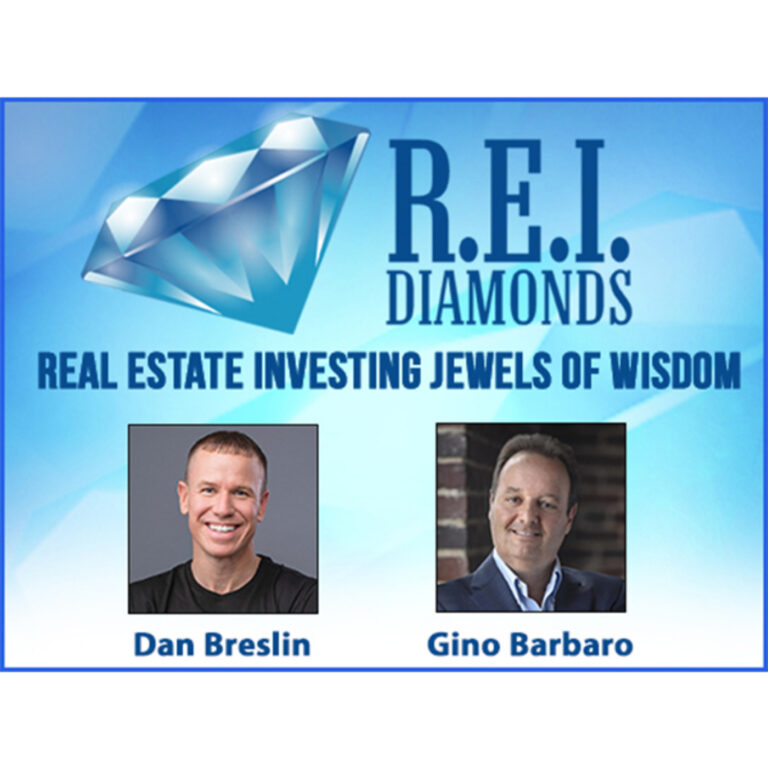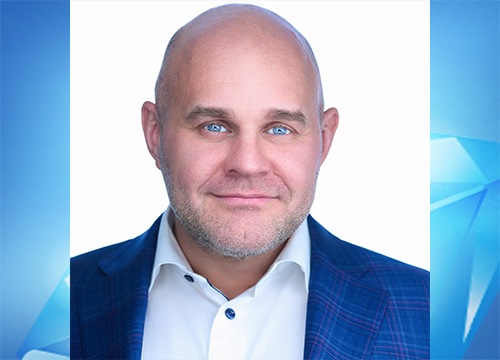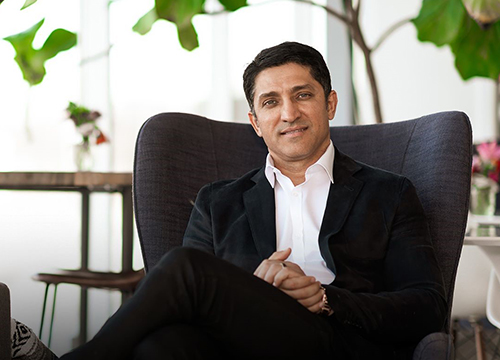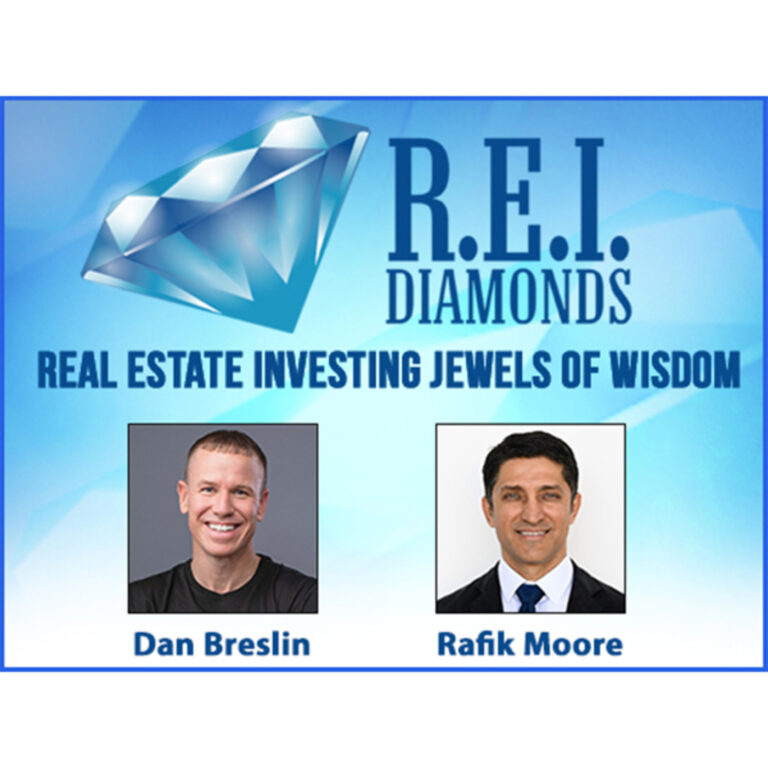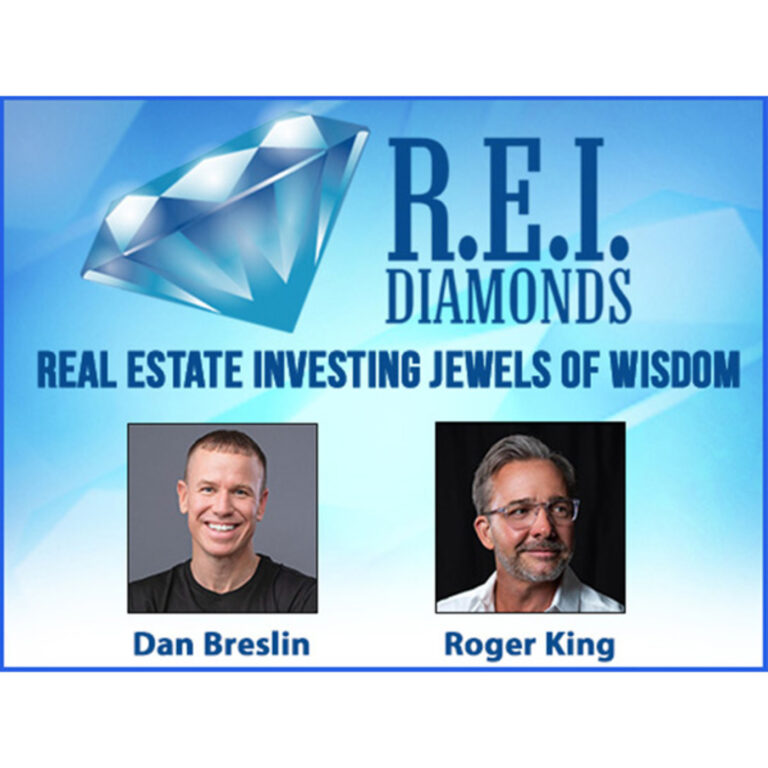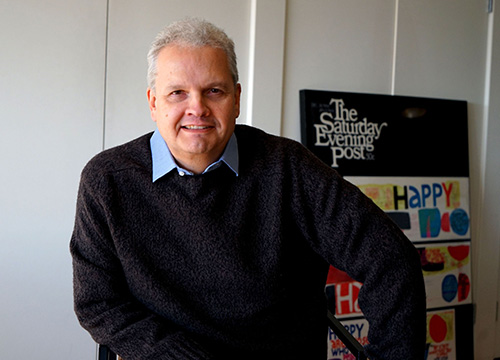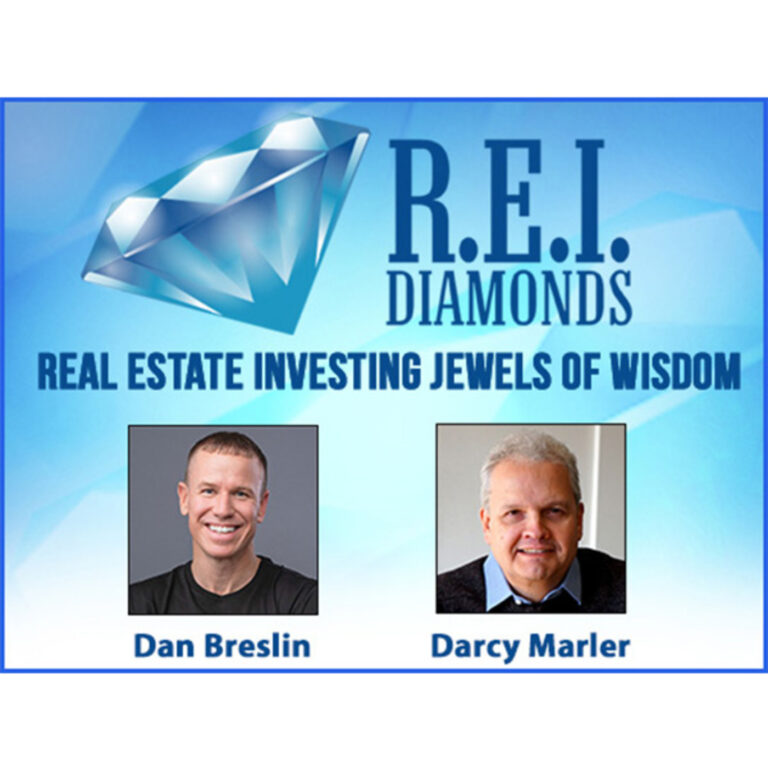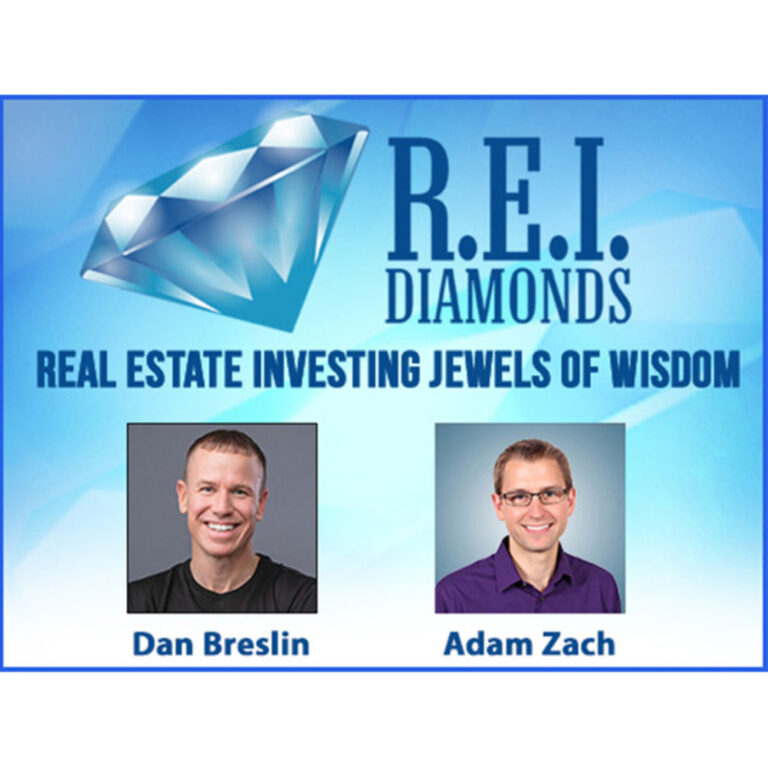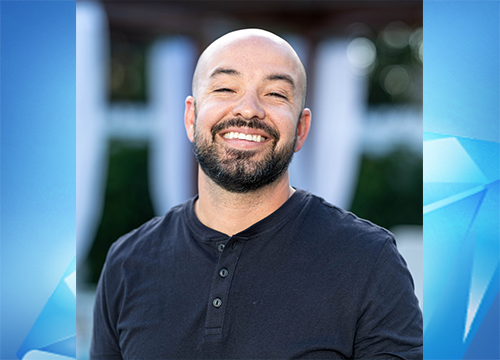
Gino Barbaro on Large Multi Family Real Estate Investing in 2024
Guest: In this episode, we sit down with Gino Barbaro, co-founder of the Jake and Gino brand and a titan in the multifamily real estate space. Gino shares his incredible journey from running a small family restaurant to managing over $350 million in assets. Gino Barbaro is a seasoned real estate investor, entrepreneur, and co-founder of Jake & Gino, a multifamily real estate education company. With years of experience and numerous successful deals under his belt, Gino is dedicated to educating others about the intricacies of passive investing and multifamily real estate management.
Big Idea: Gino Barbaro emphasizes the importance of education, mentorship, and strategic partnerships in achieving success in multifamily real estate. He shares how investing in personal growth and building a strong network can transform a small business owner’s career into that of a real estate mogul. Gino highlights the importance of understanding the key pillars of passive investing: the sponsor, alignment of interests, and the deal itself. By focusing on these aspects, investors can make more informed decisions and avoid common pitfalls, leading to more stable and profitable investments. The key to success in multifamily real estate is viewing properties not just as buildings, but as revenue-generating businesses. Gino emphasizes the importance of systems and processes in managing properties, whether they are small six-unit buildings or large 97-unit complexes. He also highlights the significance of deal flow, broker relationships, and understanding market cycles to seize opportunities and maximize returns.
Dan: Why don’t we start with the origination story, like how did your career develop to where it’s at now? And we’ll do the Reader’s Digest version. We don’t have several years to experience the whole thing.
Gino: I got to take you back to when I got into business after college because that’s where it starts for me. I got into the restaurant business because my dad owned the restaurant and I went to college and I sat in a cubicle working at AIG back in 1992 on John Street in New York City, and that sucked and I’m like, “I can’t be doing that anymore.” And I went and bought a business, a restaurant with my family, and I loved it for years. You could actually earn an upper middle class income with a small business with 3 families eating from a seventy seat, a little Italian place in New York. Yes. That was the team, and the dream was alive in the 90s and even the early 2000s. In 2007 my dad passed away and I had to assess my life. I had to say, I’m I living his dream or am I living my dream?
I have to be honest with myself, I loved working with him, and I think the thought of working with him at the restaurant was greater than the thought of me scaling and building this restaurant thing, and in 2008 came, the great recession sort of wiped out a lot of people. I was working harder, making less. I got introduced to T. Harv Eker’s book, Secrets in the Millionaire Mind. I put off bookshelf, I start reading it and I’m like, “Damn, this guy’s a dick.” But he wasn’t, I was the dick. Everything he said in that book was the truth. Your fruits are in your roots. My fruits were non-existent. I couldn’t create value for the people. My roots were shallow.
This Episode of The REI Diamonds Show is Sponsored by the Deal Machine. This Software Enables Real Estate Investors to Develop a Reliable & Low Cost Source of Off Market Deals. For a Limited Time, You Get Free Access at http://REIDealMachine.com/
This Episode is Also Sponsored by the Lending Home. Lending Home Offers Reliable & Low Cost Fix & Flip Loans with Interest Rates as Low as 9.25%. Buy & Hold Loans Offered Even Lower. Get a FREE IPad when you Close Your First Deal by Registering Now at http://REILineOfCredit.com
Resources mentioned in this episode:
For Access to Real Estate Deals You Can Buy & Sell for Profit:
https://AccessOffMarketDeals.com/podcast/
Gino Barbaro & I Discuss Large Multi Family Real Estate Investing in 2024:
- First Steps in Multifamily Real Estate (03:14): How Gino partnered with Jake to start their first multifamily deal and the challenges they faced.
- Importance of Mentorship and Education (10:43): The value of mentorship and continuous learning in overcoming initial fears and scaling up.
- Three Pillars of Passive Investing (00:14:31): Explanation of the jockey (sponsor), saddle (alignment of interests), and horse (the deal) framework.
- Loan and Financing Strategies (33:57): Gino discusses using community banks for 80% loan-to-cost financing, including renovations, and how he and his partner funded their deals.
- Market Cycles and Investment Timing (36:03): The discussion covers market cycles, cap rates, and why certain assets are better investments during different market phases.
- Interest Rates and Investment Viability (38:00): Gino explains why interest rates shouldn’t deter investors if the deal’s fundamentals are strong.
- Advice for New Multifamily Investors (43:06): Gino provides advice for those looking to transition from single-family homes to multifamily properties, stressing the importance of mentorship and community.
- The Role of Community and Networking (47:34): The value of joining groups and attending events to gain insights and build relationships with experienced investors.
- The Importance of Autonomy in Financial Success (1:00:29): Understanding the relationship with money and its role in achieving freedom and autonomy.
Relevant Episodes: (200+ Content Packed Interviews in Total)
- Navigating Market Turbulence: Lessons from Brock Holliman’s Real Estate Success
- Chris Prefontaine on the Changes in Terms Deals in 2019
- Land Entitlement Process for Multi Family Development with Reed Goossens
- Investing in Multi Family Properties-150 to 300 Unit Deals with Chris Larsen
The transcript of this episode can be found here.
Transcripts of all episodes can be found here.

